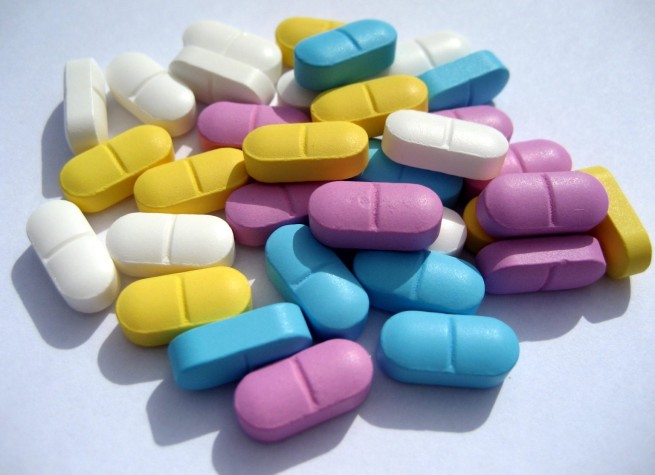Did you know that there are some medications and vitamins that should not be taken with dairy products?
Experts say that calcium rich dairy productscan affect absorption and effectiveness of some drugs. Here is a list of some common pharmaceutical drugs that should NOT be taken with dairy products:
Antibiotics. Drugs such as tetracyclines (eg, doxycycline) and fluoroquinolones (eg, ciprofloxacin) can bind with calcium to form insoluble complex, which reduces the absorption and effectiveness of the drug.
Thyroid medications: Levothyroxine, used to treat hypothyroidism, may decrease absorption when taken with dairy products. It is recommended to wait at least 4 hours after consuming dairy products before taking this medication.
Bisphosphonates: Medicines such as alendronate, used to treat osteoporosis, should not be taken with dairy products because they may interfere with absorption.
Which vitamins and minerals should NOT be taken with dairy products
Iron. Dairy products can block the absorption of non-heme ironfound in dietary supplements or plant foods. If you take iron supplements, it is best to avoid consuming dairy products at the same time.
ZincHigh levels of calcium from dairy products may compete with zinc for absorption by the body, potentially reducing its effectiveness.
Can you take painkillers with milk?
Interactions between painkillers and dairy products are generally less of a concern than with some other medications, but there are still a few things to keep in mind:
Nonsteroidal anti-inflammatory drugs (NSAIDs). Drugs such as ibuprofen and aspirin can irritate the lining of the stomach. Taking them with milk can help protect the stomach, but it is important to follow specific medication directions, as milk can sometimes slow absorption.
Paracetamol (acetaminophen): This pain reliever does not have significant interactions with dairy products and can usually be taken with or without milk.
What other dangerous interactions exist between food and drugs?
Grapefruit. Citrus fruits can affect enzymes that metabolize various drugs, including statins, some blood pressure medications and some psychiatric drugs, resulting in potentially dangerous levels of the drug in the bloodstream.
Green leafy vegetables. Salad greens, which are high in vitamin K, may reduce the effectiveness of blood-thinning medications such as warfarin, making it even more important for your doctor to prescribe them.
Alcohol. Alcohol can interact with a variety of medications, from painkillers to antidepressants, potentially increasing side effects or decreasing their effectiveness.
Understanding how dairy and other foods interact with medications and vitamins is critical to maintaining their effectiveness and avoiding potential side effects. Always consult your doctor or pharmacist if you have questions about specific food-drug interactions, and follow all directions on medication packages to ensure safe and effective treatment.







More Stories
Expert Opinion: Very Popular Diet Raises Diabetes Risk
Artificial intelligence system capable of diagnosing over 1000 diseases at an early stage
What Happens To Your Body If You Eat Broccoli Regularly